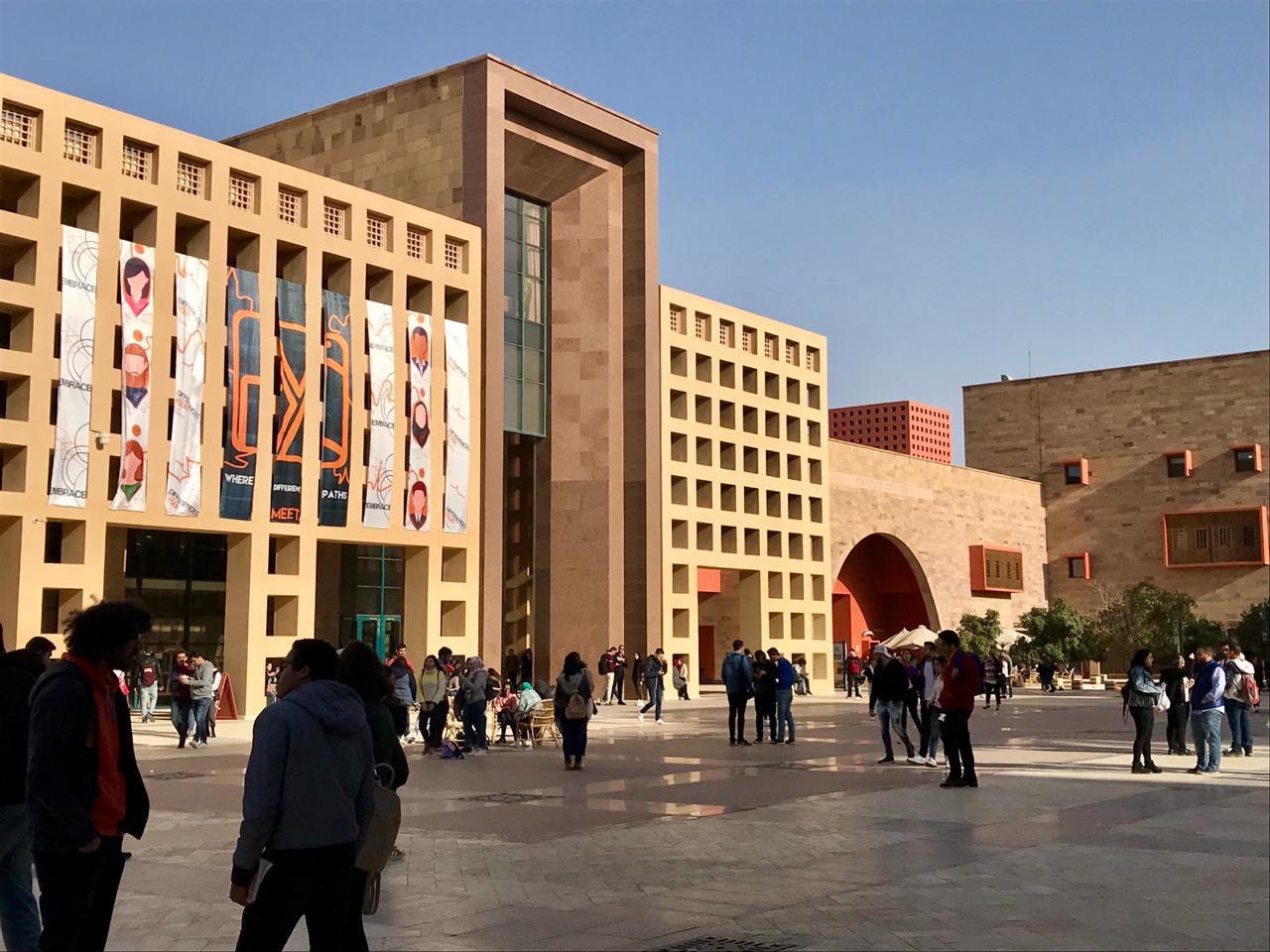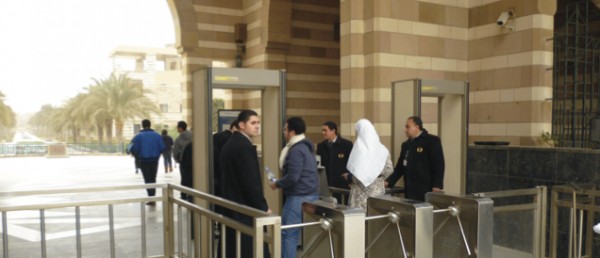SU Elections to Use Electronic Voting
By: Maryam Salah
@MaryamFSalah
When students head to the polls to vote in the rescheduled April 11 Student Union (SU) elections, they will be using a newly installed electronic voting system which saves time, effort and paper.
The Student Court – the current body responsible for the election process and the rollout of the new voting system – tested its operational effectiveness on April 3 and decided it would be used in the election.
In an email sent to The Caravan on April 4, the Student Court said: “The system was pre-tested on ground and it proved to be successful. Elections are scheduled for next week as we are awaiting the appointment of an Electoral Commissioner.”
Electronic voting will be conducted in its traditional setting, at the Four Palms in Bartlett Plaza. Students will scan their IDs and then vote using an electronic tablet, with the candidates’ pictures and names identified.
Both SU presidential candidates have given their approval of the new system.
“The biggest advantage of the electronic process is the counting. The results will be announced right away, while in previous years, the crew would keep counting until 5 and 6 a.m. I like it because it’s part of the vision that I’m promoting of turning the SU digital,” said Presidential candidate Youssef Abdel Kader.
Abdel Kader also hopes that the electronic process motivates more students to vote, at least if it is to try the new voting system.
“I think this system is very efficient for the environment, there isn’t going to be lots of paper wasted; it’s more efficient and it’s going to save us more time,” agreed Presidential candidate Mohamed El Fiky.
Meanwhile, the Student Court has also called for the position of electoral commissioner to be filled.
The position has been vacant since the former commissioner, Mohamed Abu Zeid, graduated last fall. According to the Student Constitution, the election has to be called by the electoral commissioner. The fact that there has been no commissioner since the beginning of the semester contributed to the delay in the elections from April 1 to 11.
“After I graduated, there was no electoral commissioner. The position was also not filled before the initial election date because of the AUC Portal vacancy email being sent late,” Abu Zeid said.
“Furthermore the electoral commissioner’s role is a vital one during the election process, which is to ‘execute and certify,’” Abu Zeid added.
An AUC Portal email was sent on March 31 at 11am, before the elections were originally scheduled to be held, making it impossible to assign a new electoral commissioner before students head to the ballot boxes.
But the 10-day delay will not impact the SU itinerary for the year ahead because the Presidential term begins on the first day of the academic summer break.
The delay will allow the presidential candidates to have more time for campaigning, especially since the SU elections were commonly held right before the spring break vacation.
The previous elections were held on April 16, 2018.
“There’s more time to unleash potential whether in marketing or in campaigning on ground. We have more time to talk to more people instead of cramming it all on the election day,” said Abdel Kader.
“It’s our general vision to include the whole student body. So, we have a better chance to do this in the pre-election phase even though we are not limited to this period only and we want to continue post-election,” said Fiky.




